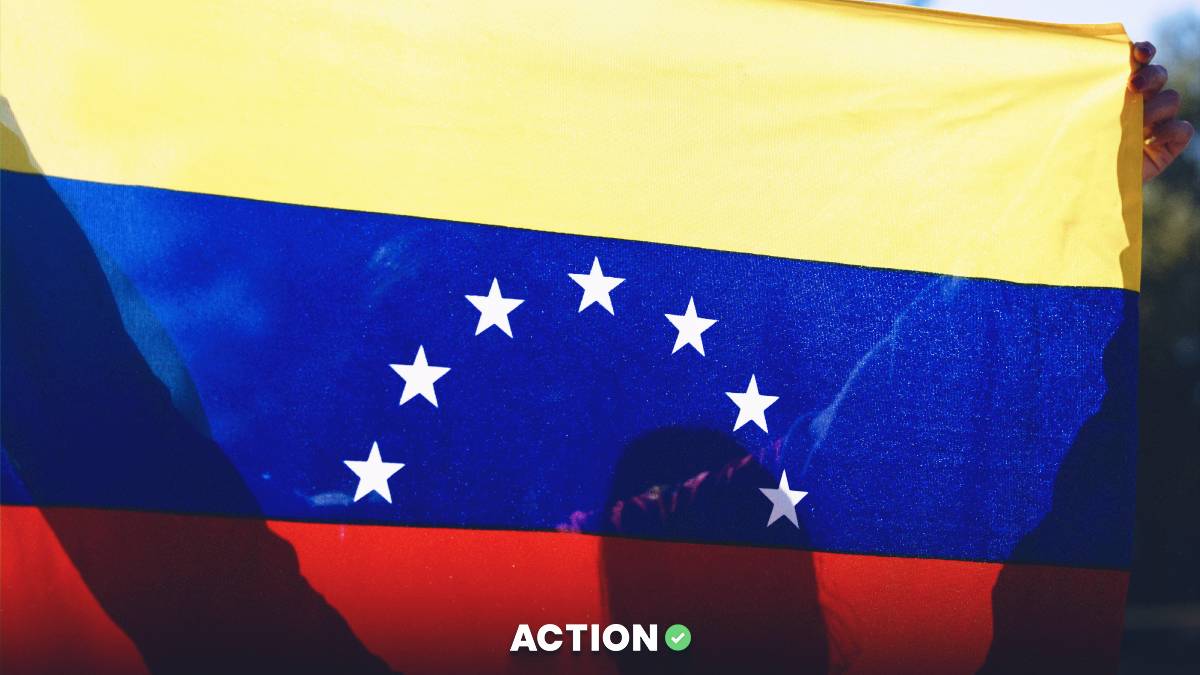A legal fight between Panini and Fanatics has turned into the biggest spat in the trading card industry in four decades.
After Panini sued Fanatics for antitrust practices last week, things got more heated on Monday when Fanatics countersued for unfair competition and torturous interference.
While Panini argued that Fanatics — which acquired Topps in 2022 and has exclusive partnerships across leagues and players assocations — was turning into an illegal monopoly.
But Fanatics has struck back with a counterargument: Those in the business have merely chosen to work with Fanatics, motivated in part by Panini’s alleged incompetency.
“Even casual observers will see that Panini’s antitrust claims seek to turn the antitrust laws on their head,” the suit reads. “Fanatics Collectibles is a dynamic new player that presented expanded economic opportunities to licensors, including players’ associations and leagues, for their intellectual property. These licensors — who are led by experienced and knowledgeable businesspeople — decided that their future was brighter if they licensed their intellectual property to Fanatics Collectibles. That is not an antitrust violation. It reflects competition and the fundamental principle that an entity has the freedom to license its intellectual property rights exclusively, non-exclusively, or not at all.”
In a short period of time, Fanatics Collectibles has won key licenses with the NFL, NFLPA, MLB, MLBPA, NBA, and NBPA, including an exclusive deal with the NBA starting in 2026 and a 20-year deal with the NFLPA that starts the same year.
The NFL and NBA deals will be stripped away from Panini, which holds the rights exclusively until 2026.
The Fanatics suit reveals that the two parties entered a negotiation of an earlier transition of those rights. But the lawsuit alleges that Panini America CEO Mark Warsop provided falsified numbers in order to receive a larger termination fee from Fanatics. The lawsuit alleges that Warsop admitted as much.
One of the common markings of antitrust lawsuits is the contention that consumers will be worse off under the new circumstances. Fanatics contends that’s not possible, arguing that Panini’s incompetence has only hurt collectors.
In the suit, Fanatics cites a statistic that Panini’s customer service has “about a 95% abandonment rate” and that the Better Business Bureau’s score for them is an “F.” A note on the BBB website states that the bureau contacted Panini about its dismal record and, as of last month, Panini had not responded.
"Fanatics' attacks on Panini are flatly inconsistent with the undisputed facts, including Panini's undisputed record of innovation, customer service and financial success," a lawyer representing Panini told the Action Network in a statement. "If Panini had been as unsuccessful as Fanatics pretends, Fanatics would not have had to use decades long exclusive dealing arrangements to lock it out of the market, or improperly cut off Panini's supply, interfere with Panini's production facilities and raid its employees."
Better customer service is needed, Fanatics argues, because Panini’s products that hit the market need servicing — redemption cards in particular.
Redemption cards are cards found in packs that stand as “IOUs” since the cards had not been made or signed at the time of press. Fanatics cites redemption times of four to eight months at Panini, with some allegedly never receiving those cards due to expiry.
“Not only has Panini failed to invest in a robust business model, marketing, or innovation, but critically it has also failed the most important constituency — collectors,” the suit reads. ”In particular, Panini has conspicuously failed to field a dedicated customer service and support team for U.S. collectors, exemplifying Panini’s larger disregard for consumers. Unsurprisingly, dissatisfaction has soared due to Panini’s shoddy quality control and questionable marketing practices.”
Fanatics lawyers contend that they can’t be a monopoly because their path to market access was free and clear.
Fanatics argues that the league and players associations chose Fanatics in an open market because they are a better business than Panini and offer a more lucrative upside. In addition, the company said it would agree to cut leagues and associations into a secondary breaking and auction business, a division Panini never developed.
“The antitrust laws protect competition, not incumbent competitors like Panini who failed to convince its long-term partners to enter into a new exclusive relationship with it," the lawsuit reads.



















































